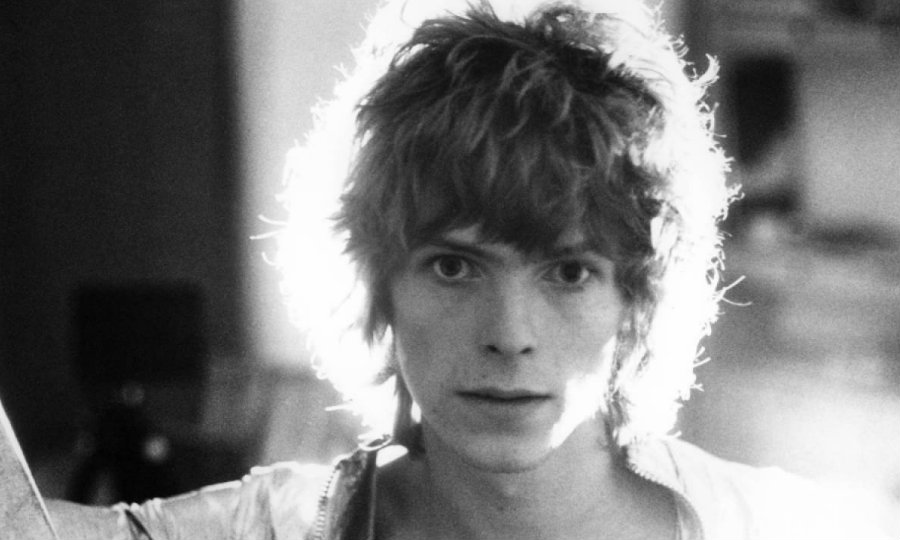Rarely does a song come from such a personal or powerful place as Julia Why?’s new single Starman. After the death of David Bowie in 2016, a manic episode of hallucinatory revelations led Julia Wylie down a transcendental yet frightening path of mental discourse.
The outcome is her dreamy new single Starman, as well as one hell of a story.

Starman is an unashamed and illuminating recount of a serious manic episode, somewhat triggered yet simultaneously harnessed by David Bowie.
Raw, personal lyrics cut through smooth, otherworldly guitar lines. Julia’s voice floats down on a velvety blanket of reverb. Somewhat divergent from Julia’s last few releases, Starman is less in your face but no less impactful, tracing the frontwoman’s “personal journey with madness.”
It’s a homage to David Bowie, whose death in 2016 triggered hallucinations and a manic episode that eventually led to Julia’s hospitalisation and a bipolar diagnosis.
Julia explains further:
“I was “coming down” from a manic episode where I’d been elated 24/7, my body didn’t need to sleep, I felt empowered and emboldened and hyper connected to everything in this world and outside of it. This song is kind of mourning that feeling of euphoria I’d had for so long. Being this manic was dangerous but it also felt very free.”
“When I came back down to reality, I didn’t really want to be there but knew I had to be if I wanted to keep living. I’d burnt myself out and didn’t know if anything of myself remained. I needed comfort and hope that it would be ok.”
As suggested by the title, Bowie is heavily related to the conception of the song. Wylie goes on to talk about her spiritual interrelations with Bowie and her fascination with the stars:
“I remember I was reading this book on ancient feminist mythologies and listening to Blackstar. The first few cryptic verses of that song seemed to coincide with and describe what I was reading about in the book. It felt like the pieces of the puzzle were floating up from the page and fitting together in front of me.”
“When he died, that album became my mantra. It jolted me into living the absolute shit out of life. I still think it’s a masterpiece. It brings together his lifelong obsession with the stars and the occult and the interconnectedness of everything.”
Julia continues to elucidate the prevalence of mental illness and its potentially damaging stigmas, “especially words like “bipolar” or “schizophrenia” or “borderline”. These are just words. But they conjure up a lot of fear in people. Horror movies don’t help. On top of that, our politicians and mainstream media describe cis white men who murder their wives or kill 50 Muslims as having had “a history of mental illness.” Please. Those assholes had a lot more problematic shit going on in their heads than a mental illness – try extreme prejudice, Islamophobia, hate, racism and misogyny.”
“I can’t stand it when tragedies like this are conflated with mental health. It’s a cop out and it gives people like me a bad name. Having a mental illness doesn’t suddenly make you racist or hate women. That’s on you – not an illness that so many of us have. Anyway, I hope talking about my experience in some ways helps dispel those myths and that fear.”
With her sophomore album Hysteria and second single Holden Up just around the corner, we look forward to hearing many mroe fascinating explorations from Julia Why?.
Catch Julia Why? live at the Happy Mag Issue 11 Launch as part of VIVID Sydney:
Fri 24 May – The Marlborough Hotel, Sydney – Details



